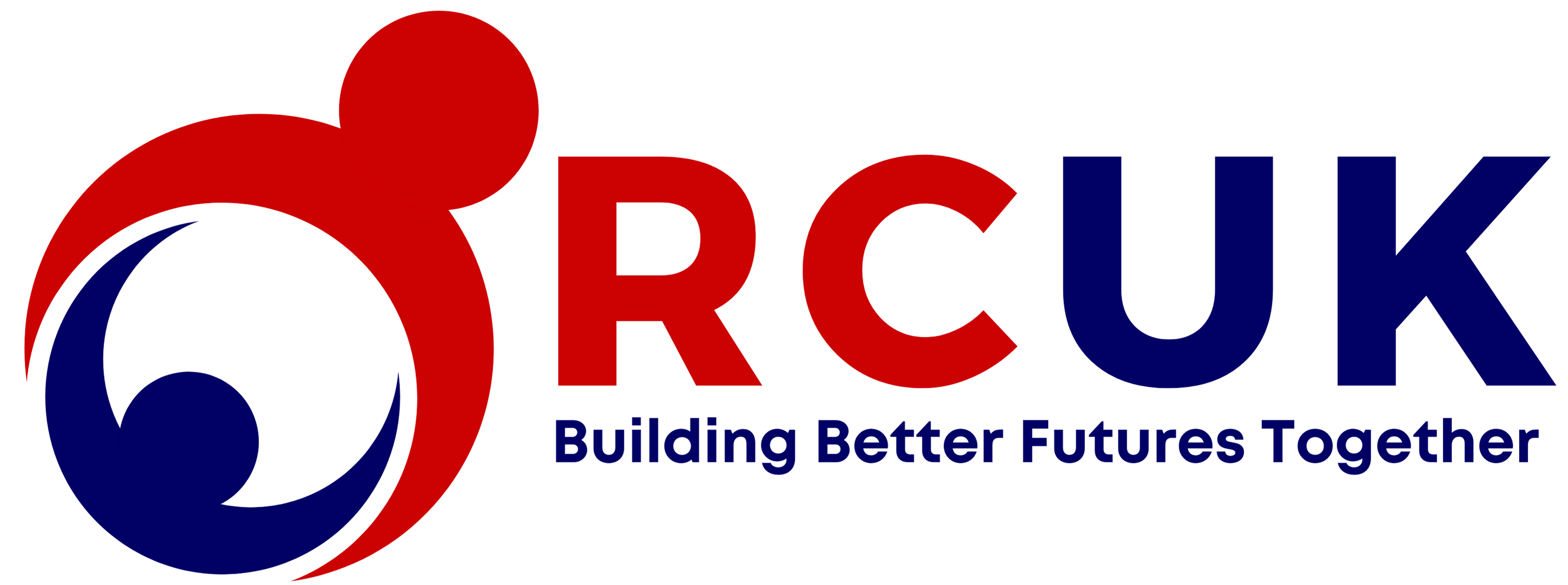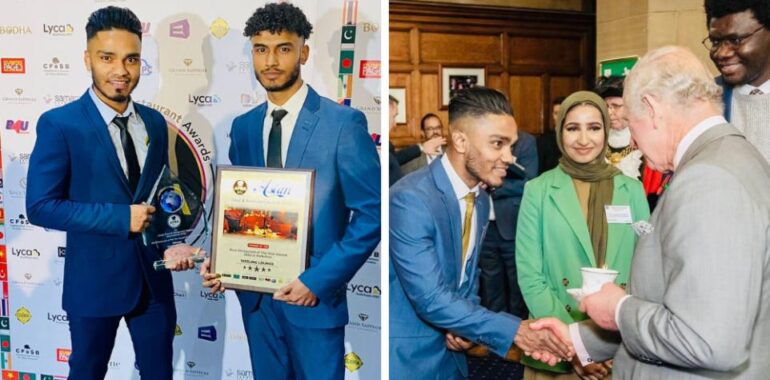Hundreds of people uprooted from Myanmar and resettled from refugee camps in Bangladesh have found new lives in West Yorkshire.
The majority-Muslim Rohingya were driven from Myanmar, their homeland, to refugee camps in Bangladesh and other neighbouring countries in successive waves from the late 1970s by violent government repression described as “ethnic cleansing” by Human Rights Watch.
Stripped of citizenship, denied basic human rights including freedom to worship and travel, subject to hate speech and pogroms, the Rohingya in Myanmar also faced a series of brutal military campaigns over the decades.
Even in the refugee camps of Bangladesh where many of Bradford Rohingya grew up, they faced restrictions. They were banned from going to school, working or travelling by authorities who were trying to force them to return to Myanmar. The move to Bradford, while initially challenging, opened their eyes to a life where the most basic human rights were a given — and that could offer a model for helping the Rohingya still stuck in the camps they left.
Bradford has provided Rohingya residents with an opportunity to experience a semblance of normalcy. Sayed Amin, now 24, vividly recalls being among the first group of Rohingya refugees to arrive in the UK from Bangladesh at the age of eight. Life in the camps was marked by severe restrictions, where attending school or even visiting the nearby river was restricted.
Now Sayed Amin graduated from the University of Bolton with a degree in sports science. He has volunteered as a sports instructor for Bradford council and now is a civil servant for HM Revenue and Customs.
“Look at that one refugee kid you brought here and what he achieved,” he says. “When you give a refugee an opportunity, they don’t take it for granted. I feel like I’ve contributed to the UK, even more than many of those born and bred here.”
Mohammed Yasin of Sizzling Lounge scoops Asian Young Achiever Award and meets King Charles – The Sizzling Lounge in Bingley, West Yorkshire, is a testament to a powerful work ethic. Launched during the Covid-19 pandemic, the award-winning restaurant is run by Rohingya refugees who arrived in the Bradford area from camps in Bangladesh as children and had to learn English from scratch.
Yasin faced racism at school when he arrived in England, but having spent his early years in Bangladesh doing menial labour to support his family, he was determined to succeed. He worked in Indian restaurants and used the skills he picked up to launch The Sizzling Lounge, which he runs with family members, employing half a dozen other Rohingya.
“I was basically like a frozen man, with no education and no English when I came here, but we worked hard and from crossing that language barrier, I’ve got here,” says Yasin, in a clear Bradford accent.
Kismat is excited to re-join the team at Bradford Royal Infirmary where she underwent some of her training, this time as a fully qualified Staff Nurse, having recently graduated from the University of Bradford.
Arriving in the UK as a seven-year-old girl and the oldest of four sisters, Kismat had to quickly learn English and take on the role of translator for her parents, alongside assuming the many other responsibilities of being the eldest sibling, but she says it helped that Bradford proved to a welcoming, open-minded, multiracial city. “Bradford is really diverse so you do get a lot of people from different cultures,” she says.
Jasmin Akter is a Rohingya refugee who resettled in the UK when she was just eight years old. The 21-year-old, who lives in Bradford, captained England in the final of the Street Child World Cup in May 2019 and was named one of the BBC’s 100 most inspiring and influential women in the same year.
Sport has changed her entire world, and it is through that she has been able to use her voice to highlight the importance of allowing women from her community to play.
Ismail Mohammed, is from the Rohingya ethnic group – Ismail, who arrived in Bradford as a ten-year-old, was born to Rohingya parents in Gundam refugee camp, Bangladesh, where he says he lived without having the chance to go to school and was denied basic human rights.
But the Manningham resident – who could not speak a word of English when he arrived in the UK – is currently studying for a Bachelor of Law with honours (LLB) at the University of Bradford and wants to become a qualified barrister and a British Army legal services officer, practicing in criminal, international armed conflict and human rights law.
“Nobody wants to be a refugee – refugees become refugees by facing extremely hard circumstances, not by choice”, says Ismail.
Mohammed Amin won the Covid Community Star Award at the Community Stars Awards in 2021. Mohammed himself was born in a refugee camp and said he had no direction when he came to Bradford – “I didn’t have luck with that before”.
“My life was restricted always, until I came to Bradford.
“Coming to Bradford, it’s opened my eyes, because of the support Bradford has provided me to be able to be who I am today.”
“I’m happy to among the community to help people, who need the help, especially for the refugee and isolated community.”
This is not the end for Mohammed and he believes the Community Stars Awards help inspire himself and others to do even more. As we know, Bradford is shortlisted to be the City of Culture. “Indeed Bradford should be awarded that award because of the people around us.”

